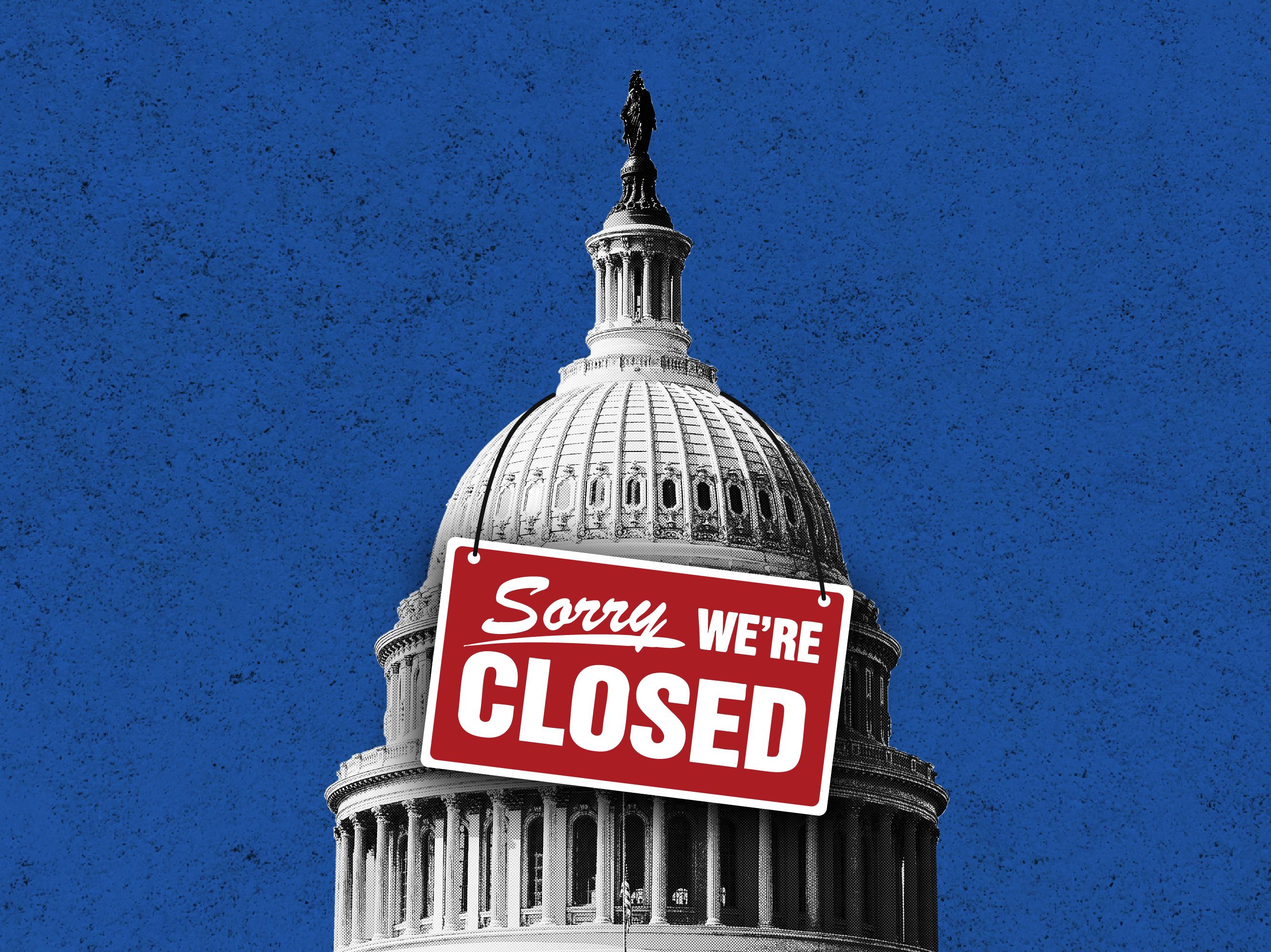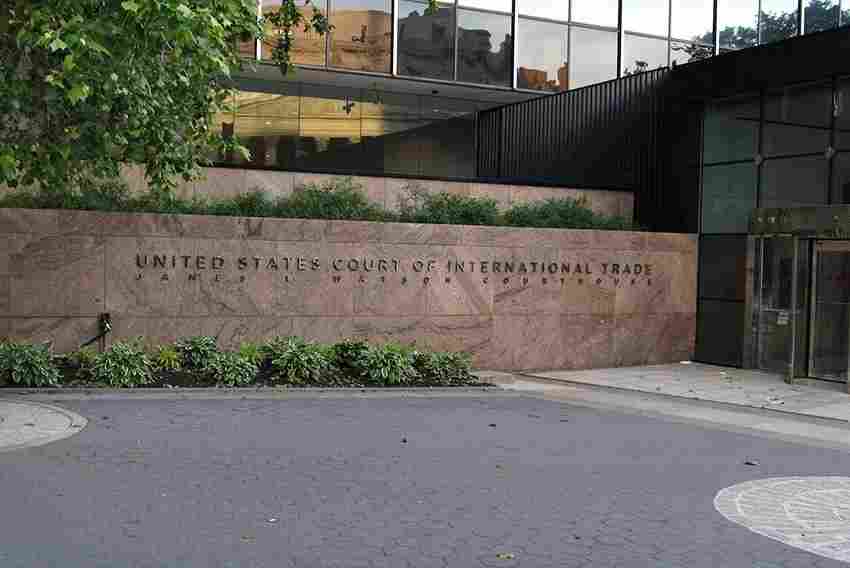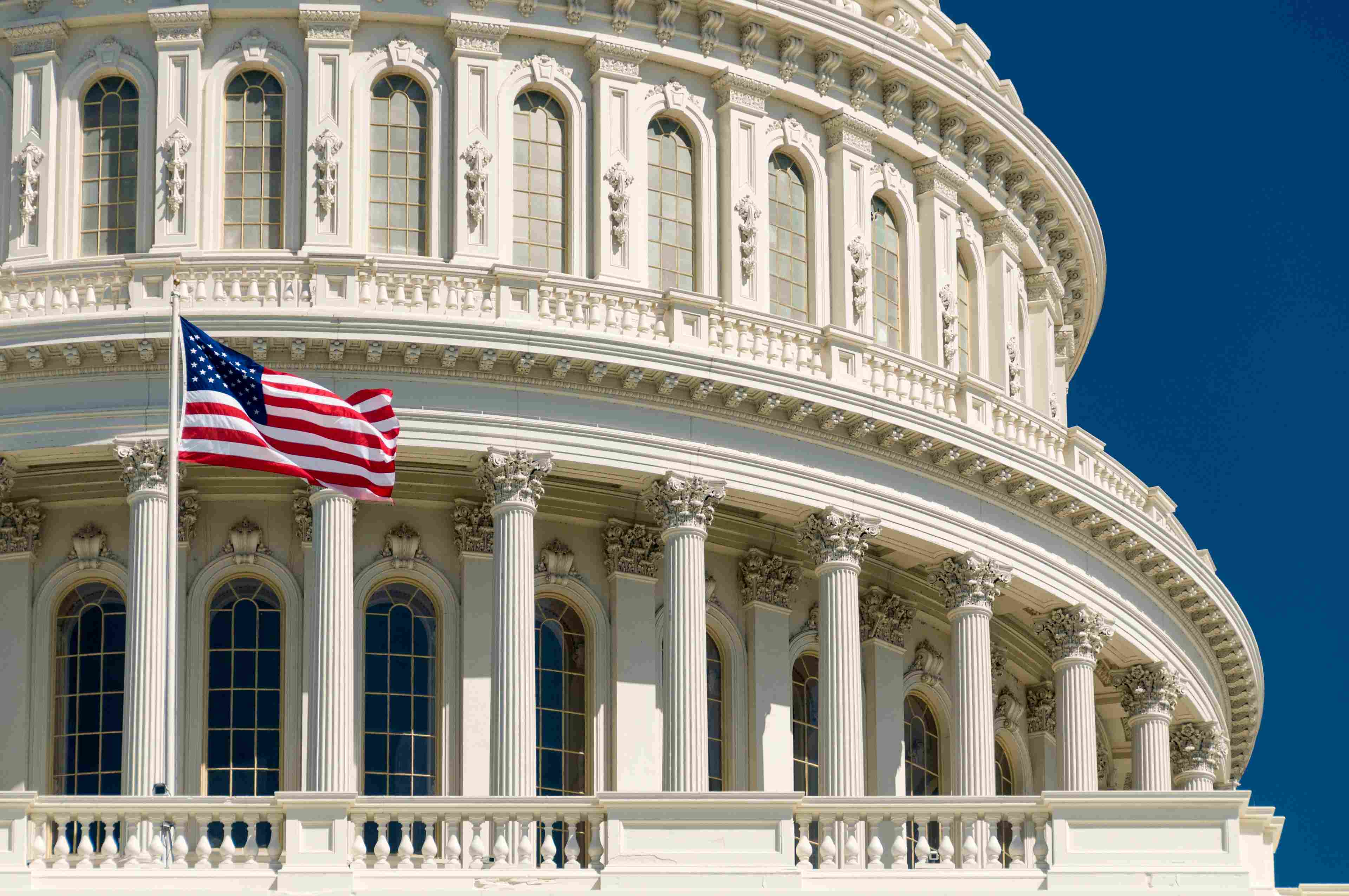
WASHINGTON (Enmaeya News) — October 2, 2025
The U.S. federal government shutdown has raised alarm over its potential impact on public health systems.
Dr. Tom Frieden, former director of the Centers for Disease Control and Prevention (CDC), warned that many essential health services rely on steady federal funding and could be severely disrupted.
He noted that operations such as disease surveillance, vaccination campaigns, and laboratory testing require uninterrupted support. Without it, the government’s ability to track outbreaks, respond to new threats, and coordinate health programs could be compromised.
“Infrastructure like disease tracking, laboratories, vaccine distribution — they’re all fragile systems,” Frieden said. “Even a short lapse in funding can create gaps in preparedness and response, especially during flu season or unexpected outbreaks.”
Public health experts highlight several immediate risks:
Delayed data collection and monitoring: Weakening the CDC’s ability to report disease trends.
Vaccine and drug supply chain issues: Slowing federal oversight and delivery.
Laboratory and research disruptions: Curtailing pathogen testing and environmental health studies.
Reduced staffing and operations: Furloughs and resource cuts could hamper response capacity.
The threat comes as seasonal illnesses and emerging health challenges already pressure the system. Experts caution that while a shutdown may not trigger an immediate crisis, it could steadily erode resilience and responsiveness.
Frieden also referenced his new book, The Formula for Better Health, which calls for more robust systems able to withstand political and financial shocks. The current standoff, he argued, underscores the urgency of insulating public health infrastructure from partisan budget disputes.
With lawmakers facing a hard deadline, public health leaders are urging Congress to safeguard health funding to ensure protections for millions are not jeopardized.







